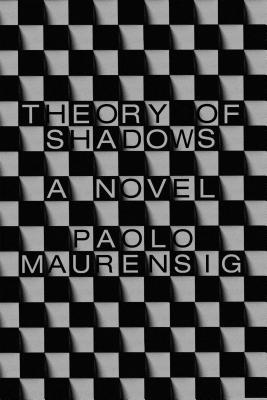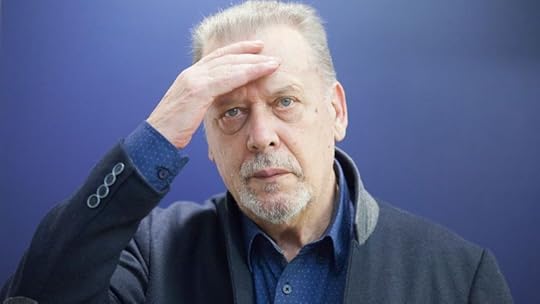What do you think?
Rate this book


192 pages, Hardcover
First published October 8, 2015
All the arts share a common effort to dominate matter, to bring order to chaos, technique comes to our aid to perform that task, but beyond that there is an additional factor that enables a work to rise to the level of art, chess must come to grips with a magmatic mass that is constantly evolving
In a novel you can say things that in other contexts would be forbidden. Then again, perhaps only the imaginationallows us to arrive at certain hidden truths.says Maurensig's 'writer'.


